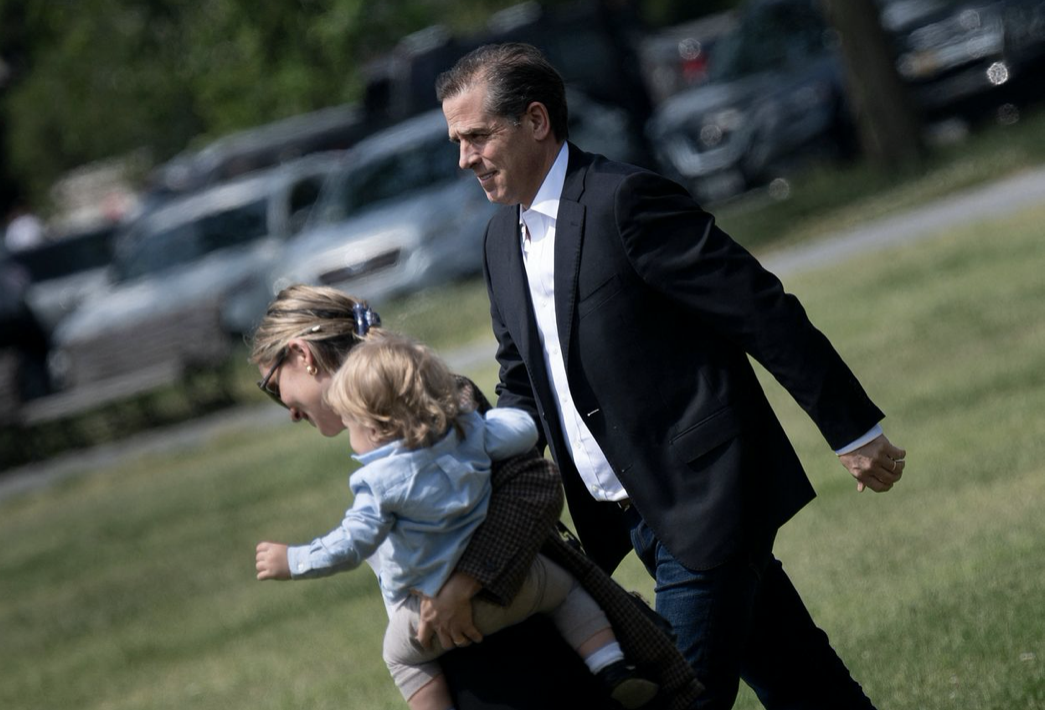By: Holman W. Jenkins. Jr. – wsj.com –
In his “free speech” campaign against Twitter, Elon Musk didn’t mention it but millions of Americans were thinking of it: the national media’s belated interest in the Hunter Biden laptop story that Twitter and other conventional and social media outlets previously suppressed.
As if waking from a coma, the Washington Post last week finally asked, “Why is confirmation of a story that first surfaced in the fall of 2020 emerging only now?” Alas, the paper entitles its editorial “an opportunity for a reckoning,” because, you know, opportunities can be turned down. And the Post does. Instead it justifies the suppression by saying that, because the press was the “unwitting tools of a Russian influence campaign in 2016,” it was “only prudent to suspect a similar plot lay behind the mysterious appearance of a computer stuffed with juicy documents and conveniently handed over to President Donald Trump’s toxic personal attorney, Rudy Giuliani. ”
Skip past the overreliance on modifiers (mysterious, toxic, conveniently), a hallmark of bad argumentation and bad writing. Newspapers are supposed to be skeptical about everything but as an aid in pursuing the truth, not as an excuse not to pursue the truth.
The Post repeatedly invokes the word “hack” for the laptop disclosures as if unknown persons had posted information of unknown provenance on the web. This is not remotely what happened. An established news organization, the New York Post, had vetted digital records with a known backstory, described by named, credible sources, starting with the Delaware technician in whose repair shop Hunter reportedly abandoned the laptop.
The tabloid’s competitors had plenty of leads to confirm or disprove the story. Hunter and his father could be asked to deny it (which they never did). Recipients or people named in the published emails could be rung up, including the onetime Hunter business partner Tony Bobulinski.
In addition, the press is not forbidden to don its thinking cap: Faking a laptop drive with hundreds of thousands of documents would be ridiculously disproportionate to any aim the Kremlin might hope to achieve. The Kremlin has easier ways to put fake information into circulation. This is the real lesson of those previous “Russian influence campaigns.” Occam’s razor strongly suggested that the laptop, if not every document on it, was exactly what it was purported to be—and intelligent journalists everywhere knew it.
The job of “newspapers of record” is to establish the truth or falsity of important matters in the public sphere, and whether the laptop was real or not certainly qualified. But instead of doing its job, the press preferred to line up behind 50 former U.S. intelligence officials who (without evidence, even they admitted) claimed the story was Russian disinformation.
This is where the Post editorial really falls down on the reality principle, the lodestar of our business. The media did so because the laptop story was plainly a threat to Joe Biden’s election. They’d seen this movie before—with James Comey’s late intervention in 2016—and “knew” Donald Trump’s re-election would be a disaster for the country. If you don’t see the same presumption already working overtime and on steroids in advance of 2024, you aren’t paying attention. This is why the “reckoning” the Post mentions is so urgent and the paper’s performance such a disappointment.
My own prayer is Mr. Trump won’t run and that somebody half-decent will, but I don’t lie to myself that the survival of the republic depends on my preferences being fulfilled. History has its own mind. Hard to describe as anything but neurotic, however, is a press that preferred an unsupported assertion about a Russian plot to the self-evident facts of the laptop case—or, for that matter, believed a badly typed collection of anonymous claims about Donald Trump and Russia (aka the Steele dossier) was the secret record of the greatest political conspiracy in history.
What seems closer to certain is that the rule of law and our democratic system are in greater danger when elite institutions work to discredit their outcomes than when self-proclaimed “deplorables” do. Our national press cowards, though, aren’t about to admit how much they strengthened Mr. Trump, almost re-elected him and made “stop the steal” credible to millions of Americans because, starting in 2016-17, they chose to oppose him with lies instead of the truth.
If the problem were one Washington Post editorial, nobody would care. But it’s not. Our media could use a period of intensive cognitive behavioral therapy to help it get back to seeing what’s in front of its eyes and reporting accurately. In those hopefully rare occasions when the press still feels it must lie (say, to defeat Donald Trump), at least it could be honest with itself about what it’s doing.
To see this article and subscribe to others like it, choose to read more.
 Listen Online
Listen Online Watch Online
Watch Online Find a Station in Your Area
Find a Station in Your Area








 Listen Now
Listen Now Watch Online
Watch Online
